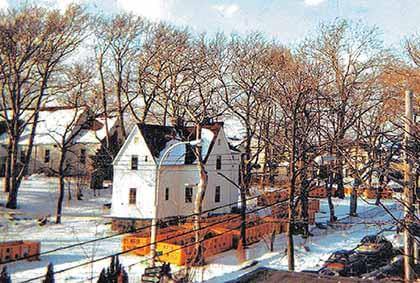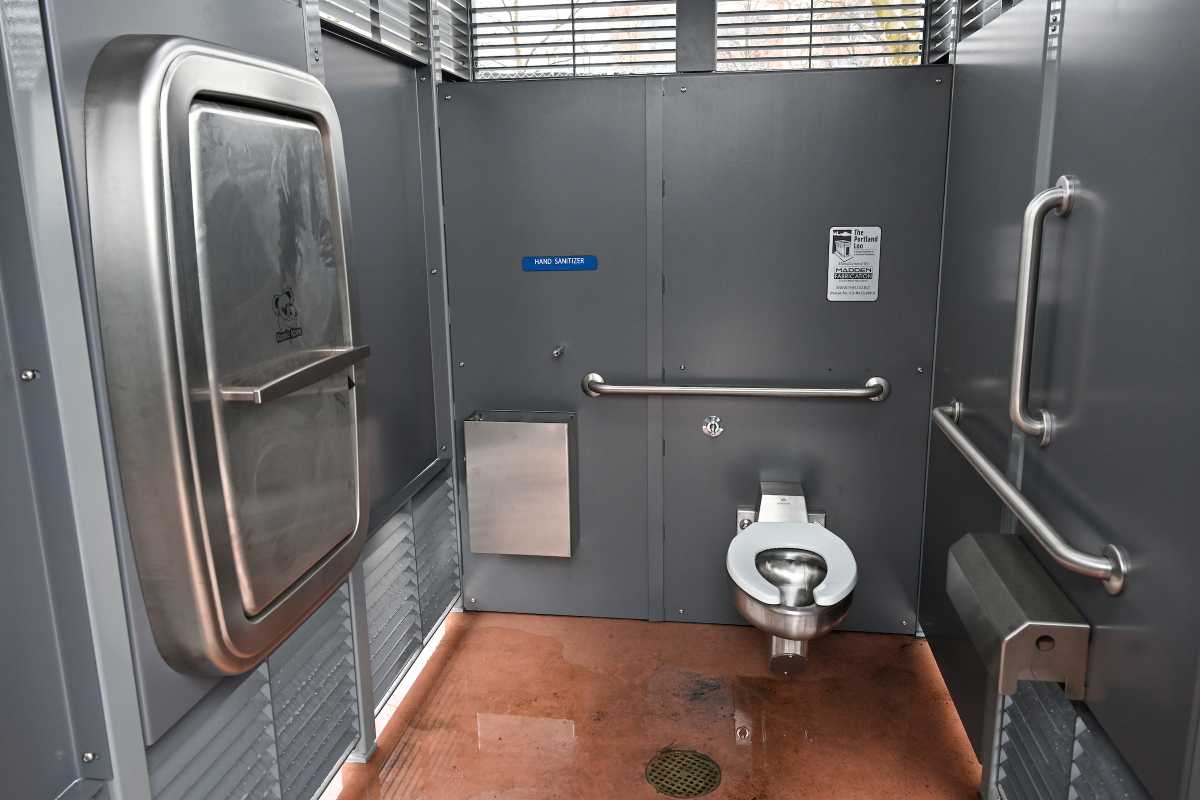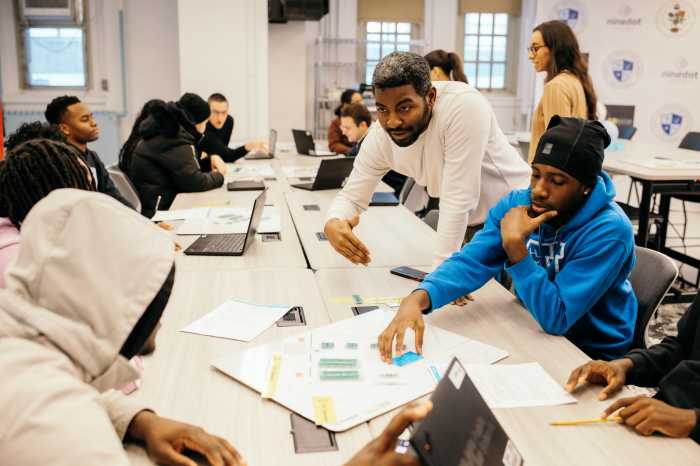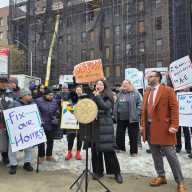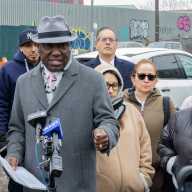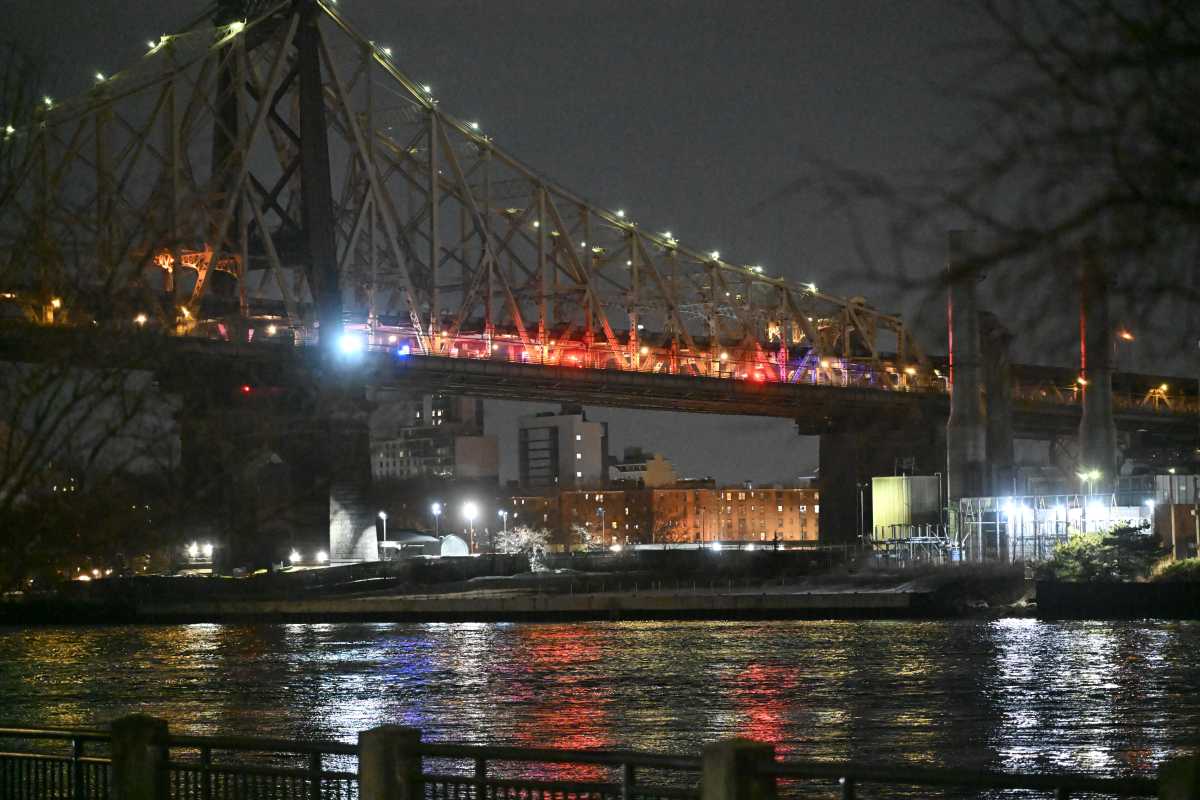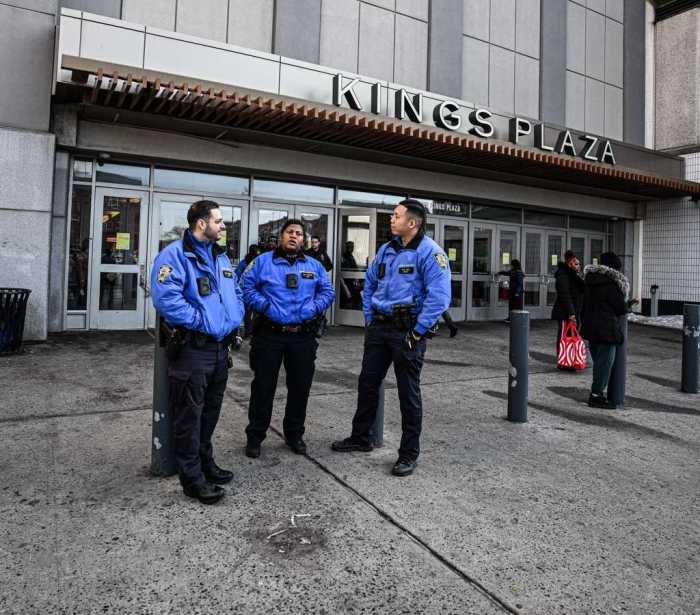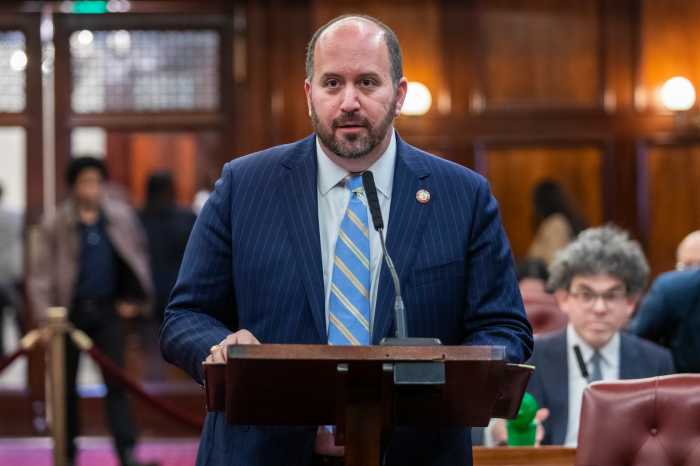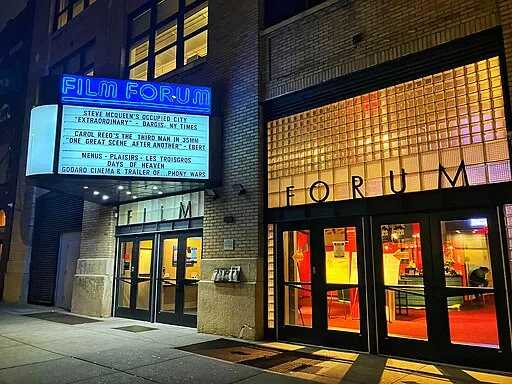Queens Congresswoman Grace Meng on Thursday, June 24, introduced a new transformative legislation to authorize more than $300 billion for crucial housing infrastructure while reducing homelessness across the country.
Meng and her colleague, Congresswoman Pramila Jayapal (D-WA), led lawmakers to present the Housing is a Human Right Act, which will put forward $27 billion a year for homelessness services, provide $100 million a year for community-driven alternatives to criminalization of those experiencing homelessness, and make targeted investments in communities at a disproportionate risk of homelessness.
“Housing is a human right, and everybody in our country deserves a safe and affordable place to live,” Meng said. “Unfortunately, too many Americans are forced to choose between having a roof over their head and affording basic necessities. And the COVID-19 pandemic has only exacerbated an already dire housing crisis in New York and across the nation, forcing more people into poverty.”
Meng further added that housing instability and homelessness is “debilitating and demeaning,” calling it completely unacceptable and stating that there is a need for change. The legislation will give communities, such as her district in Queens, the resources they need to guarantee access to affordable housing, as well as the tools needed to tackle homelessness — while upholding the dignity of each person, according to Meng.
“It’s time to make our communities livable for all people,” Meng said.
Meanwhile, Jayapal said experiencing homelessness is not a moral failure of individuals, but a structural failing on the part of a country that has long refused to make safe and affordable housing a priority.
“This crisis of housing instability is human-created, but that means that we can fix it — and we must,” Jayapal said. “By investing billions of dollars in housing infrastructure, we will provide affordable housing and supportive services for vulnerable communities while ensuring that everyone has a bed to sleep in, a roof over their head, and their dignity recognized. By doing so, we will not only finally guarantee housing as a human right in this country but we will create an America where everyone has a place to call home.”
The Housing is a Human Right Act would do the following:
- Invest up to $100 billion for McKinney-Vento Emergency Solutions Grants (ESG) and $100 billion for Continuum of Care (COC) grants
- Create a new grant program to invest in humane infrastructure and provide municipalities with $6 billion a year through a flexible program that will allow them to address their most urgent infrastructure needs related to housing and homelessness
- Incentivize local investments in humane, evidence-based models to support people experiencing homelessness, including alternatives to criminalization and penalization
- Provide $10 billion for FEMA emergency food and shelter grants while improving grants to better reflect high rates of homelessness and income inequality
- Authorize $100 million in grants to public libraries to provide assistance and tailored supports to persons experiencing homelessness
Americans faced a crisis of housing instability long before COVID-19 pushed millions of additional families into poverty. As the public health and economic crisis continue, the U.S. Department of Housing and Urban Development (HUD) reported for the first time that there were more unsheltered homeless individuals than those with a form of shelter.
Rates of unsheltered homelessness have increased over the last few years, and more than 500,000 people — including more than 100,000 children — were experiencing homelessness before the pandemic. One in four renters was also spending half of their monthly income on rent, and nearly a million tenants were evicted each year. Someone earning minimum wage cannot afford safe and healthy housing for their family anywhere in the country, according to reports.
Homelessness in New York City has reached the highest levels since the Great Depression of the 1930s. In April 2021, there were 53,199 homeless people, including 16,390 homeless children, sleeping each night in the New York City shelter system. A near-record 20,410 single adults slept in shelters in March 2021.
Over the course of city fiscal year 2020, 122,926 different homeless men, women and children slept in the NYC shelter system. This includes more than 39,300 homeless children.
Lacking housing often leads to penalization, interactions with law enforcement and entering the justice system, according to the lawmakers. It also makes it difficult to seek or hold a job, obtain assistance with accessing resources, find safe housing and receive regular care for health needs.
The harsh conditions of unsheltered homelessness leads to a mortality rate that is four to nine times higher than that of the general public, according to advocates.
Diane Yentel, president and CEO of the National Low Income Housing Coalition, said homelessness is one of the country’s most urgent, tragic and solvable crises.
“The solution to homelessness is affordable and accessible homes, and while we have the resources to provide such homes to all those in need, we lack the political will to invest in solutions at the scale necessary,” Yentel said. “I applaud Representatives Jayapal and Meng for their bold leadership in introducing legislation that, as part of the People’s Housing Platform, would ensure that people with the lowest incomes and the most marginalized people in America have a stable, affordable home.”
Some groups are disproportionately likely to experience homelessness, including communities of color, LGBTQ people, people with disabilities, seniors, veterans, former foster youth and justice system-involved people.
While Black communities make up 13 percent of the general population, they comprise 40 percent of people experiencing homelessness and half of all homeless families.
Jaelynn Scott, executive director of the Lavender Rights Project and a member of the WA Black Trans Task Force, said the Housing is a Human Right bill is a major step in remedying the housing disparity seen in LGBTQ communities and affirming that Black transgender lives matter.
“LGBTQ youth and Black transgender women are 120 percent more likely to experience homelessness than non-LGBTQ persons,” Scott said. “LGBTQ youth face disproportionate rates of discrimination and the Black transgender community is experiencing an epidemic of violence and criminalization. Housing First is a proven and effective strategy to disrupt violence against Black trans people and end the criminalization of Black trans and non-binary gender identities.”


